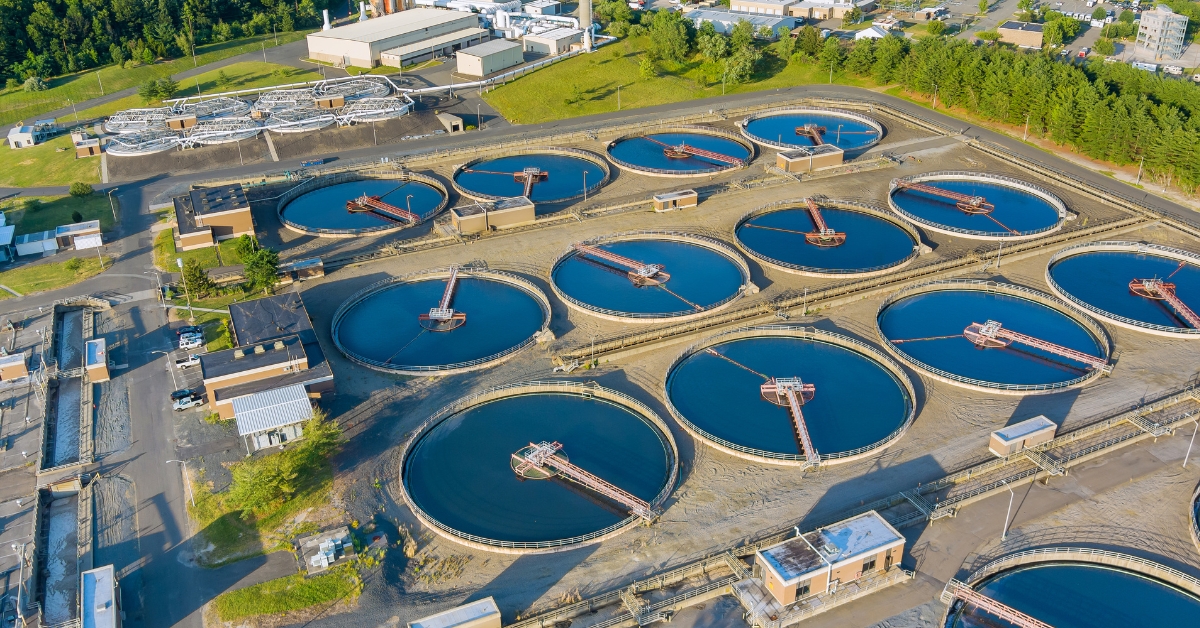
Biden’s Climate Policies Harm Native American Tribes
Concerns are mounting over the adverse effects of the Biden administration’s climate policies on tribal nations. Despite Biden’s pledges to defend tribal sovereignty and support tribal economies, the stark reality paints a different picture. The administration’s energy policy, ostensibly driven by a commitment to appease the climate lobby, is proving to be a significant threat to the well-being of Native American communities. The decisions made by Interior Secretary Deb Haaland, such as canceling oil and gas leases in Alaska and tightening restrictions on drilling permits for tribal lands, have resulted in a marked decline in energy production. This decline, in turn, is causing job losses and economic setbacks for tribal nations.
The repercussions of these policies are felt across the nation, with the Navajo Nation being a poignant example. Already grappling with economic challenges, the Navajo Nation is now facing the withdrawal of oil and natural gas leasing, depriving them of crucial revenue. This decision directly impacts thousands of Navajo members, pushing them further into poverty. Similarly, the Osage Nation in Oklahoma is grappling with increased restrictions and higher costs for developing their oil and natural gas resources. The administration’s attempt to impose similar controls on Osage lands as on other federal lands is exacerbating the financial struggles of this tribal community.
Tribal coal production is also under threat, with the Biden administration delaying permits in Montana. This delay is jeopardizing the operations of coal mines owned by tribal entities, including those on the Crow Reservation. The administration’s support for a ban on coal leasing on federal land and attacks on coal-generated power are contributing to a cycle of dependency and poverty for the tribes Biden promised to empower with sovereignty and self-determination.
Despite the Biden administration’s claims to assist historically marginalized communities, its aggressive stance against energy development is evident. Instead of fostering job creation and financial independence, the administration seems more focused on distributing billions in federal dollars to tribes. However, these funds, distributed through the Infrastructure Investment and Jobs Act, often go to one-off projects that fail to provide sustainable sources of income. Moreover, this approach has contributed to inflation, disproportionately affecting those who can least afford it.
In essence, the Biden administration’s actions speak louder than its words. The purported commitment to tribal well-being and economic empowerment is overshadowed by policies that hinder energy development, job creation, and financial stability for tribal nations. As tribes grapple with the consequences of climate-driven policies, the gap between rhetoric and reality widens, highlighting the challenges posed by an overreaching federal government.














